Blockchain and smart contracts have emerged as transformative technologies that hold immense potential for ensuring transparency in freight transactions. In traditional freight transactions, numerous intermediaries are involved, leading to a lack of transparency, inefficiency and increased costs. However, with the introduction of blockchain, a decentralized and immutable ledger system, the entire process can be revolutionized. At its core, blockchain technology enables the recording and verification of transactions in a transparent and tamper-proof manner. Each transaction or block is linked to the previous one, forming a chain of blocks. This decentralized structure eliminates the need for a central authority, such as a bank or a clearinghouse, to validate and process transactions. Instead, the validation is performed collectively by a network of computers or nodes, ensuring that no single entity has control over the entire system.
When applied to freight transactions, blockchain provides an unalterable record of all activities, including the movement of goods, associated documents and financial transactions. This transparency helps prevent fraud and increases accountability at every stage of the supply chain. Stakeholders can access and verify the information recorded on the blockchain, ensuring that all parties involved have a shared and accurate view of the transaction history. As a result, disputes and discrepancies can be resolved quickly, leading to faster processing times and reduced costs. Smart contracts, which are self-executing contracts with predefined rules and conditions, play a crucial role in enhancing transparency in freight transactions. These contracts are deployed on the blockchain and automatically execute when predetermined conditions are met. By eliminating the need for intermediaries to facilitate and enforce agreements, smart contracts streamline the entire process, 3pl management system reducing the risk of errors and manipulation. Smart contracts enable the automation of various tasks, such as payment processing, customs clearance and delivery confirmation. For example, once a shipment reaches its destination and the delivery is confirmed through IoT devices or other means, the smart contract can automatically trigger the release of payment to the carrier. This automation not only accelerates the payment process but also eliminates the need for manual verification, reducing the potential for errors or disputes.
Furthermore, the transparency provided by blockchain and smart contracts allows for increased traceability and accountability in freight transactions. Every step of the supply chain, from the origin of the goods to the final destination, can be recorded on the blockchain. This visibility helps ensure compliance with regulations, such as customs requirements or quality standards and enables stakeholders to track and verify the authenticity and integrity of the goods being transported. In conclusion, blockchain and smart contracts offer a transformative solution for ensuring transparency in freight transactions. By providing an immutable and transparent ledger system, blockchain technology eliminates intermediaries, reduces fraud and increases accountability. Smart contracts automate processes, streamline transactions and enhance traceability. With these technologies, stakeholders can have a shared and accurate view of the transaction history, leading to faster processing times, reduced costs and increased trust in the freight industry.



